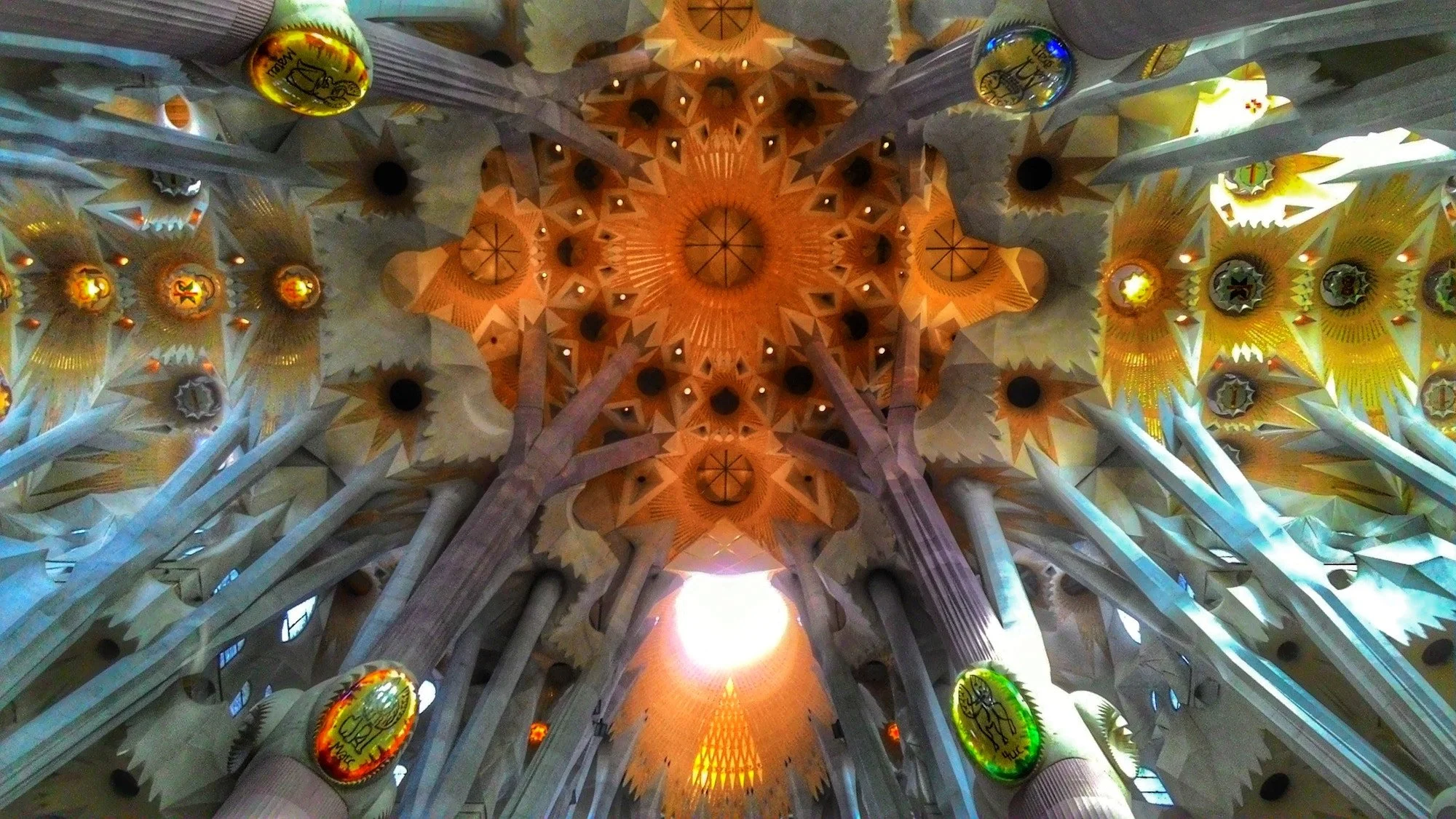Universal History
After some time living in India, the missiologist Lesslie Newbigin was challenged by a well-educated Hindu friend, who said to him:
I can’t understand why you missionaries present the Bible to us in India as a book of religion. It is not a book of religion — and anyway we have plenty of books on religion in India. We don’t need any more! I find your Bible a unique interpretation of universal history, the history of the whole creation and the history of the human race. And therefore a unique interpretation of the human person as a responsible actor in history. That is unique. There is nothing else in the whole religious literature of the world to put alongside it.
Newbigin realized his friend was right. This was a turning point in Newbigin’s understanding of the Bible, and in turn, his understanding of mission. In A Walk Through the Bible (Barefoot Ministries), the print version of a series of radio talks, Newbigin presents the Bible as one story that offers a unique account of history and “enables us to understand our own lives as part of that story.”
This is especially crucial, he says, because humans have tended to go in one of two directions in making sense of life. On the one hand have been those who have seen individual human beings as expendable contributors to some ideological project. “The logic of this,” Newbigin says, “has been developed with terrible precision in some of the movements of the twentieth century in which millions of men and women have been sacrificed for the sake of some ideology, some vision of a perfect society in the future.”
On the other hand, many attempt to find meaning and purpose through the pursuit of personal fulfillment, which “inevitably takes [us] away in the end from total involvement in the human project of civilization.” There are many who pursue personal fulfillment without any reference to God, but this approach is at home in religious circles as well. As we all know, “there is a kind of spirituality that leads us away from our active involvement in the business of the world.”
“So the alternatives,” Newbigin summarizes, “seem to be either finding meaning for history as a whole at the cost of no meaning for my personal life; or else finding meaning for my personal life at the cost of no meaning for the story as a whole.”
The Bible, however, read as “a unique interpretation of universal history,” shows us a third way. And it does so by making sense of death. As Newbigin writes, “We die because nothing that we have done or been is good enough for God’s perfect kingdom.” But Jesus, by his death and resurrection, takes care of the problem of sin and death as a barrier to the kingdom, and that, as we know, makes all the difference both now and forever:
So in so far as I commit all that I do, imperfect as it is, to God in Jesus Christ, knowing that much of it is utterly unfit to survive and yet trusting that what has been committed in faith will find its place in God’s final kingdom, that gives me something to look forward to in which both my hopes for the world and my hopes for myself are brought together.
The book of Revelation offers us the vision of a city which is on the one hand the perfection of all human striving towards beauty, civilization and good order, and on the other hand is the place where every tear is dried and where every one of us knows God face to face, and knows that we are his and he is ours. That is the vision with which the Bible ends, and it is a vision that enables us to see the whole human story and each of our lives within that story as meaningful, and which therefore invites us through Jesus Christ to become responsible actors in history, not to seek to run away from the responsibilities and the agonies of human life in its public dimension. Each of us must be ready to take our share in all the struggles and the anguish of human history and yet with the confidence that what is committed to Christ will in the end find its place in his final kingdom.
That means that as I look forward I don’t see just an empty void, I don’t just see my own death, I don’t just see some future utopia in which I shall have no share. The horizon to which I look forward is that day when Jesus shall come, and his holy city will come down as a bride from heaven adorned for her husband.
